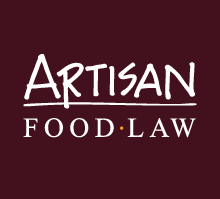Unhygienic Food Businesses: Introduction
The regulation of hygiene standards in a food business is undertaken within the framework provided by sections 7 to 13 of the Food Safety Act 1990 and the Food Safety and Hygiene (England) Regulations 2013,[1] the latter provides the enforcement mechanism and other related matters for retained EU law Regulation (EC) 852/2004.
The responsibility for regulatory compliance rests with the proprietor of a food business which is defined:
“proprietor”, in relation to a food business, means the person by whom that business is carried on.[2]
Where ‘food business’ is any undertaking, whether for profit or not, public or private, carrying out any activities related to any stage of the production, processing or distribution of food.[3]
The ‘proprietor’ may, but need not necessarily, be an owner of the business. Nor is it necessary to be in day-to-day charge of the business. An employee is not within the definition, but a franchisee may be a ‘proprietor’.[4] There may also be more than one ‘proprietor’.
The Food Standards Agency (FSA) has published the Food Law Code of Practice (England),[5] a statutory code issued under section 40(1) of the Food Safety Act 1990, regulation 6(1) of The Official Feed and Food Controls (England) Regulations 2009[6] and regulation 26(1) of The Food Safety and Hygiene (England) Regulations 2013.[7]
The FSA has also issued Food Law Practice Guidance (England).[8] Food authorities should take account of the guidance. It is non-statutory, complements the statutory Food Law Code of Practice (England), and provides general advice on the approach to enforcement of the law.
Similar arrangements are made for Wales, Scotland and Northern Ireland.




